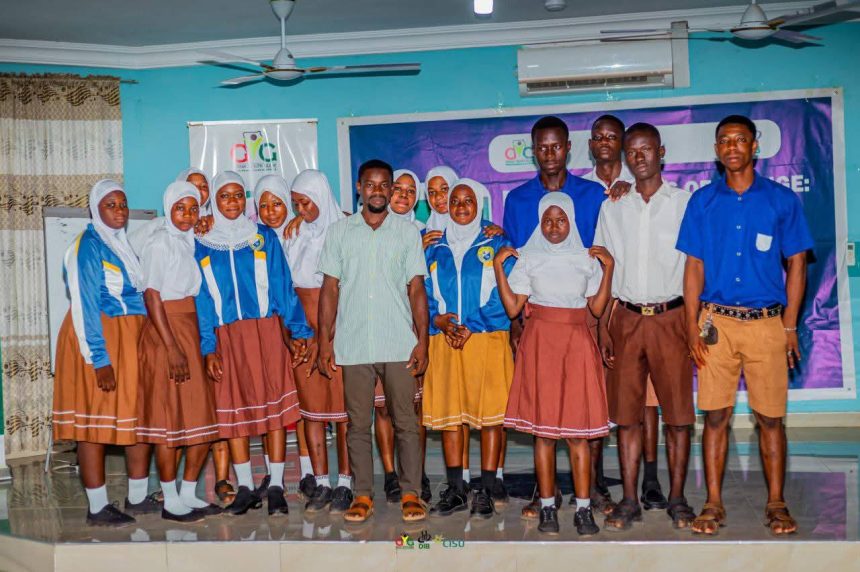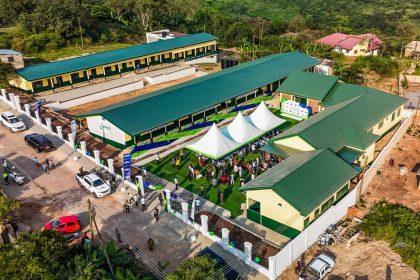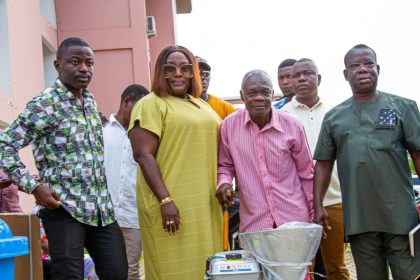The Ghana Youth Guide (GYG), a youth-focused advocacy organisation, has held a two-day Climate Action, Advocacy, and Assets Mapping Training Workshop at Savelugu in the Northern Region.
The training brought together 105 community leaders and second-cycle students from the Tolon District and Savelugu Municipality to enhance inclusive climate resilience and promote sustainable agriculture.
Held under the Resilient Roots of Change (R2C) intervention, the workshop formed part of ongoing efforts to empower Ghanaian youth for sustainable agriculture and strengthen community-level climate advocacy.
The event also attracted traditional authorities, teachers, clergy, media representatives, government officials, civil society organisations, and community group leaders.
It was to build the capacity of youth advocates, spark critical climate-justice conversations, and map local assets to promote sustainable agricultural practices and resilience at the community level.
Mr Prince Chentiwuni Abdul-Fataw, Executive Director of GYG, speaking during the workshop, underscored the importance of the training in nurturing local leadership and strengthening commitment to climate action.
He said empowering young people with practical knowledge and advocacy tools would enable them to champion environmental sustainability and contribute meaningfully to national development goals.
Mr Shani Mahama, a Development Practitioner and facilitator of the training, highlighted the crucial role of agriculture in Ghana’s sustainable development agenda.
He said agriculture remained the backbone of the country’s economy and urged young people to develop greater interest in agribusiness to help create jobs and ensure food security.
He called for collective efforts among communities, institutions, and stakeholders to mitigate the adverse effects of climate change on agricultural productivity and rural livelihoods.
Mr Abubakari Abdul Majeed, a Teacher from Savelugu Senior High School, encouraged students to take their studies seriously to gain the knowledge and expertise needed to transform Ghana’s agricultural sector.
He advised young people to see agriculture not merely as a subsistence activity but as a viable business capable of generating wealth, improving livelihoods, and sustaining the environment.
Master Mohammed Alhassan, a student of Savelugu Senior High School, expressed appreciation to the GYG and its partners for organizing the workshop, saying it had provided participants with valuable insights and career guidance.
He said, “This training is particularly important because it has exposed us to pressing issues in agriculture including climate change and food security.”
The workshop also facilitated the formation of local community structures to lead climate action and advocacy initiatives in Tolon and Savelugu to ensure continuity and local ownership of the R2C intervention.
GNA






